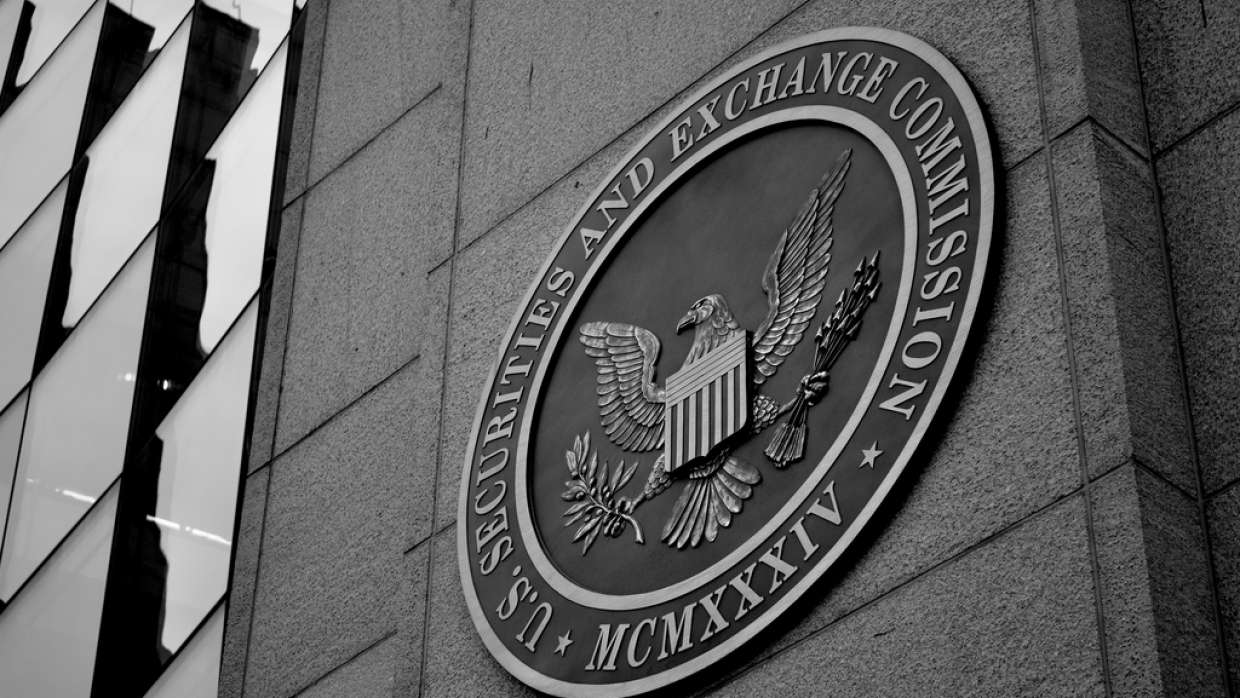U.S. Banks Cleared to Hold Crypto as Trump Revokes Key SEC Regulation
24.01.2025 9:30 1 min. read Alexander Stefanov
In a major shift for the U.S. banking and cryptocurrency sectors, President Trump has officially revoked a controversial rule imposed by the Securities and Exchange Commission (SEC).
The regulation, known as Staff Accounting Bulletin 121, required banks to classify crypto assets held on behalf of customers as liabilities, creating significant obstacles for institutions looking to enter the digital asset space.
The repeal marks the culmination of efforts that began with a bill passed by both the House and Senate last year. Although former President Biden vetoed the legislation, the new administration wasted no time in overturning the guideline, signaling a more crypto-friendly stance.
This development opens the door for U.S. banks to engage directly with cryptocurrency custody services. Bank of America CEO Brian Moynihan has already expressed enthusiasm for the opportunity, stating that if clear rules are in place, the banking industry is ready to embrace crypto-related transactions at scale.
While the removal of this rule wasn’t a cornerstone of President Trump’s campaign promises, it addresses a critical concern for advocates of digital assets. The change is expected to pave the way for banks to integrate cryptocurrency into their services, potentially accelerating mainstream adoption in the financial sector.
-
1
U.S. State of Connecticut Blocks Crypto from Public Sector Operations
12.06.2025 16:00 1 min. read -
2
Federal Reserve Clears Path for Banks to Enter Crypto Market
24.06.2025 8:00 2 min. read -
3
Vietnam Charts a Clear Course for Digital Assets With New 2026 Law
16.06.2025 18:00 1 min. read -
4
GENIUS Act Clears Senate, Setting Stage for First U.S. Crypto Law
18.06.2025 12:00 1 min. read -
5
Coinbase and Set Gemini to Expand in EU Under MiCA Rules
17.06.2025 13:00 2 min. read
Crypto Advocates Back Sen. Cynthia Lummis’ Push to Reform Digital Asset Tax Rules
As the U.S. Senate debates a sweeping reconciliation package dubbed the “Big, Beautiful Bill,” crypto industry advocates are rallying behind an amendment introduced by Senator Cynthia Lummis aimed at reforming outdated and burdensome tax rules for digital assets.
Germany’s Largest Banking Group Sparkassen to Offer Crypto Trading by 2026
In a major shift from its earlier stance, Sparkassen-Finanzgruppe — Germany’s largest banking group — is preparing to introduce cryptocurrency trading services for retail clients by the summer of 2026, according to a report from Bloomberg.
Kazakhstan to Establish State Crypto-Reserve Under Central Bank Oversight
Kazakhstan is taking a major step toward integrating digital assets into its national financial strategy, with plans to establish a state-managed crypto-reserve.
Europe’s Largest Euro-Denominated Spot Crypto Exchange Secures License Under MiCA
Bitvavo, Europe’s largest euro-denominated spot crypto exchange, has officially received a MiCA license from the Dutch Authority for the Financial Markets (AFM), allowing the firm to operate across all 27 European Union member states.
-
1
U.S. State of Connecticut Blocks Crypto from Public Sector Operations
12.06.2025 16:00 1 min. read -
2
Federal Reserve Clears Path for Banks to Enter Crypto Market
24.06.2025 8:00 2 min. read -
3
Vietnam Charts a Clear Course for Digital Assets With New 2026 Law
16.06.2025 18:00 1 min. read -
4
GENIUS Act Clears Senate, Setting Stage for First U.S. Crypto Law
18.06.2025 12:00 1 min. read -
5
Coinbase and Set Gemini to Expand in EU Under MiCA Rules
17.06.2025 13:00 2 min. read


